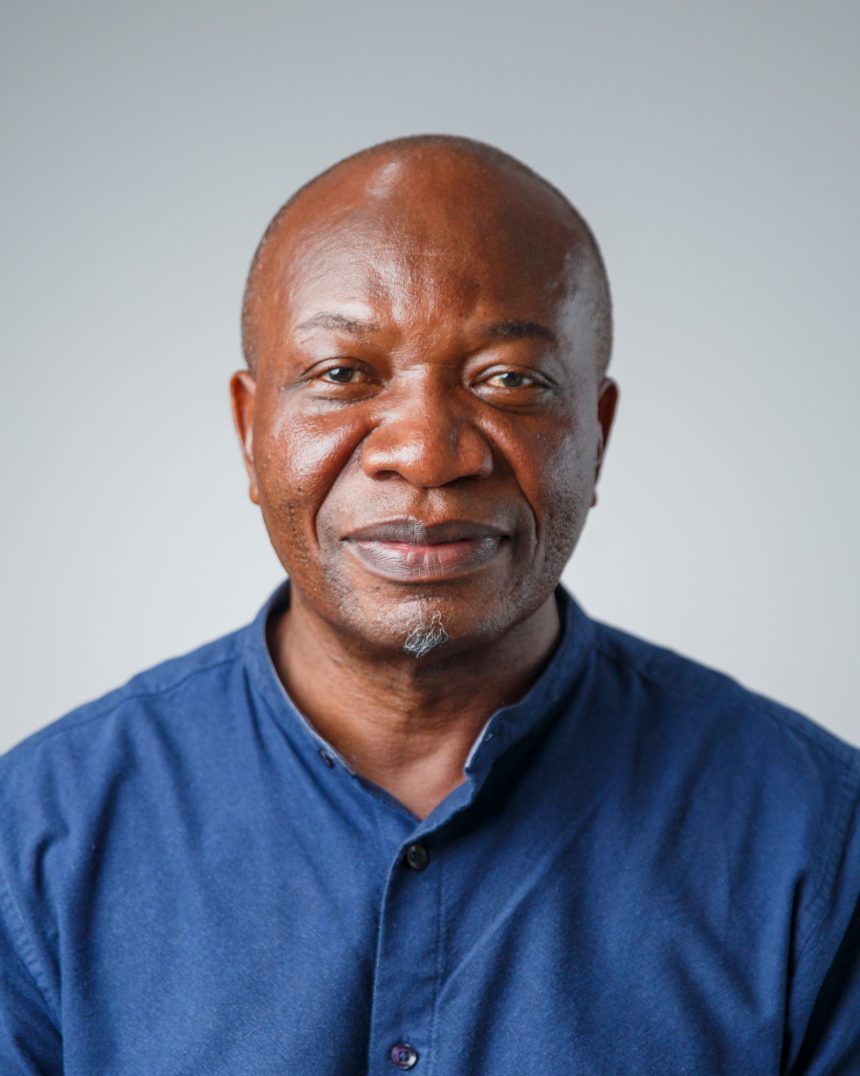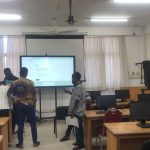Professor of Archaeology and MIASA Fellow , Professor Kodzo Gavua has intimated that the expropriation of local relics and artefacts by colonial powers in the pre-independence era has created a massive knowledge gap in Africa’s cultural space in terms of constructing a wholesome African identity which transcends generations.
The call comes on the back of the Merian Institute for Advanced Studies in Africa organizing a day’s conference on the theme ; “Restitution, Museums and Cultural policies”.
The well attended ceremony drew participation from a cross section policy makers, academics and researchers across the continent to discuss issues bothering on the preservation and formalization of Africa’s rich cultural history.
Speaking at the event , the Lead Facilitator , Professor Kodzo Gavua indicated that circumstances under which colonial powers who were present in Africa took away valuable local and indigenous cultural relics have inadvertently caused a serious knowledge gap in empowering local authorities and leaders from helping to build a wholesome African personality which waters down the educational system being forced down the throats of Africans as the actual form of their early civilization before the invasion of Western nations.
” One of the massive drawbacks of the colonial period and its negative impact on African civilization , is the manner in which valuable local relics which spoke about the true state of African societies and embodied their collective social identity were forcibly taken away to the West and other parts of the world, that narrative created a situation in which the vital educational elements associated with the items were lost on us (Africans) ,because that knowledge gap was exploited by the imperial powers to repackage our history to fit their selfish gains.
That repackaged educational value is what the colonial powers have forced down on us as the best form of education and tries to water down the time tested traditions and cultural beliefs which have served our forebears very fruitfully before the advent of colonialism”.
Also, Professor Gavua added that it is about time museums in today’s contemporary world are seen beyond the simple tag of being places of storage for returned artefacts but rather state policy must reposition museums to become entities which are invested in exploring the educational values of the artefacts to shape the mentality of the current generation to better understand the way of life of persons who predated them in their own communities and help to break national barriers to cultural linkages.
” In today’s highly competitive and informative world, museums must shed the tag of just simply being institutions for hosting returned local and national artefacts and position to take advantage of the critical roles they play on shaping the social and cultural psyche of today’s generation of Africans whose education might be tainted by the false narratives ,Western nations might have foisted on the continent to satisfy their whimsical and political interests and keeps people detached from the facts of the times.
Museums must be seen not as too nationalistic in approach but all encompassing in terms of establishing cultural linkages across borders to create the sense of belongingness to create a truly convenient atmosphere where the past, current and future generations can interrelate seamlessly”.
Furthermore , C0-Facilitator of the conference , Professor Hahns Peter Hahn (Frankfurt University) was of the view that to be able to get that seamless transfer of thousands of African relics and monuments locked in many European museums and other parts of the globe, there must be diplomatic engagements between governments and local agents to facilitate the safe return of the objects to their original roots .
” As we insist on the impact of restitution and the linkage between cultural policies and museums, there are 3 key actors to actualize this big initiative we are exploring today , local communities , national authorities and international actors must be seen to working hand in hand to negotiate and systematically release such valuable items to the countries who see the return of expropriated items as a means of appeasing them for the failings of colonialism and restoring national pride and dignity”.




